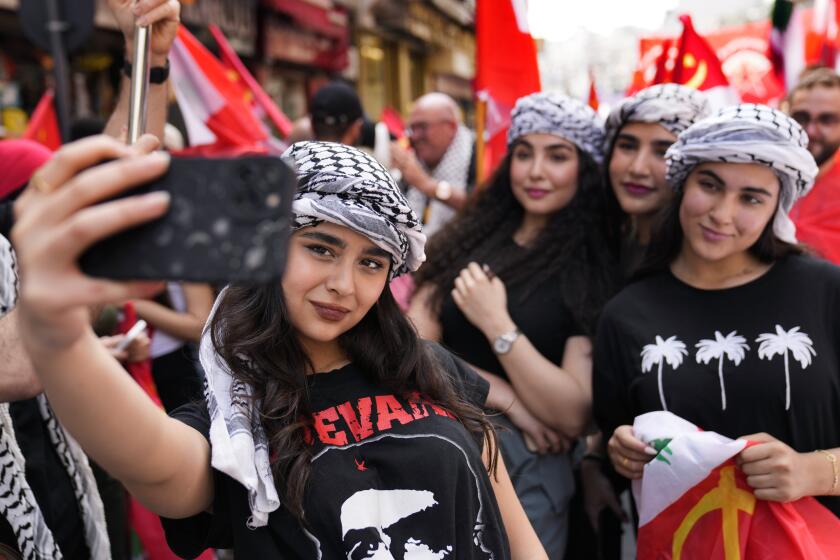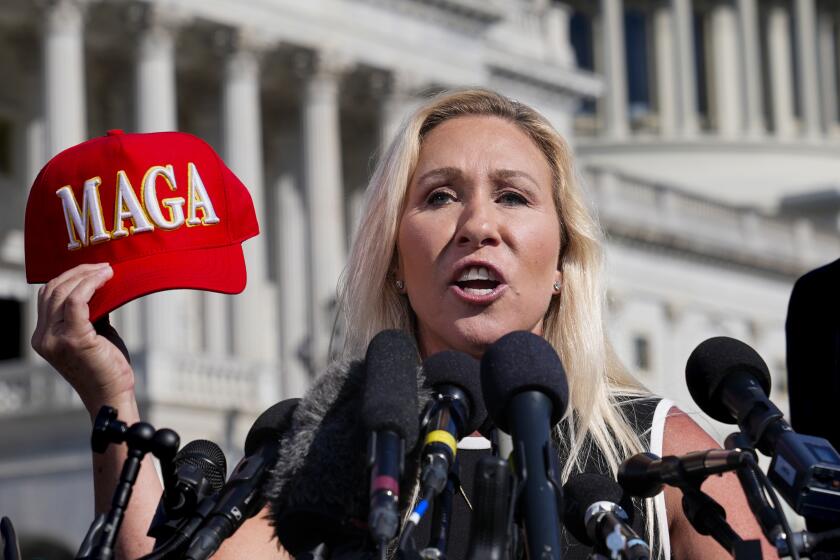Vatican, Israel are back in financial talks
Despite their often troubled relationship, the Vatican and Israel on Monday resumed high-level negotiations aimed at settling disputes over property, taxes and the legal status of the Roman Catholic Church in the Holy Land.
It was the first such meeting in five years.
Both sides, in a joint statement, praised an atmosphere of “great cordiality, mutual understanding and goodwill” that produced “important progress” in resolving long-standing issues.
Members of the delegations, however, said serious disagreement remained.
‘Work to be done’
“Today we achieved a significant bit, but there is a lot, lot more work to be done,” said Father David-Maria Jaeger, an Israeli-born Franciscan friar who has served as one of the Vatican’s key negotiators.
Israel and the Holy See established formal diplomatic ties in 1994, based on a “fundamental agreement” signed the previous year, after centuries of bad blood and ignorance between the Catholic and Jewish faiths.
Relations improved considerably under the pontificate of the late John Paul II, who became the first pope on record to have visited a synagogue and who stressed the importance of Jewish-Catholic dialogue.
But the 1993 treaty that led to formal ties left open crucial details in the legal and financial arrangements between the state of Israel and the Catholic Church -- which more than 13 years of on-again, off-again negotiation have failed to resolve.
Saying it wishes to ensure the liberty and security of its institutions, the Vatican is seeking to retain tax exemptions for a large collection of property, including churches, monasteries, cemeteries and other religious shrines. Tax exemptions for these properties were in place years before the state of Israel was created in 1948.
Israel, generally, wants the church to pay taxes.
The Vatican also wants disputes over church property, some of it occupied or seized, to be aired in courts under an application of due process, rather than through a political judgment, as is often the case. Church officials contend their property is often vulnerable to politically connected real estate developers, a charge that the Israeli government rejects.
Dealings between the two parties are further complicated because of disagreement over whether Israeli law or the Vatican treaty should prevail.
Perhaps more important than the technicalities at issue is the tone of interaction between representatives of two of the world’s oldest faiths.
Even with improvements under the late John Paul II, and through visits by Pope Benedict XVI to German synagogues and the Nazi death camp at Auschwitz, tensions are periodically inflamed.
Most recently, Jewish groups were angered by a church decision to advance Pope Pius XII along the road to sainthood. The World War II pope is criticized by many for a perceived failure to adequately oppose Hitler.
But Israeli and Vatican officials said Monday that the Pius XII case, while a point of friction, did not influence the renewed negotiations.
Aharon Abramovich, director-general of the Israeli Foreign Ministry and head of the Israeli delegation, said progress now was less a function of a changed atmosphere and more a matter of officials deciding it was time to “do more” in a long, drawn-out mediation.
“There is an effort [by] both sides to accelerate the process,” he said.
Further discussions
The parties agreed to meet again before the end of the year in Jerusalem, Abramovich said.
Israel’s ambassador to the Holy See, Oded Ben-Hur, who held a late-afternoon reception for the Israeli delegation and for the new Assn. of Catholic Friends of Israel, said the Israel-Vatican relationship was a “special model.”
The history shared by Christians and Jews “created an abyss of ignorance, lack of knowledge of one another, and gave birth to all kinds of prejudices,” Ben-Hur said.
Israel and the Vatican, he said, are now in their 13th year of a formal relationship, the bar mitzvah year when a child ceremonially becomes an adult.
“We hope for the same parallel between Jews and the Catholic world,” Ben-Hur said. “We want a sincere political dialogue.”
More to Read
Start your day right
Sign up for Essential California for news, features and recommendations from the L.A. Times and beyond in your inbox six days a week.
You may occasionally receive promotional content from the Los Angeles Times.







